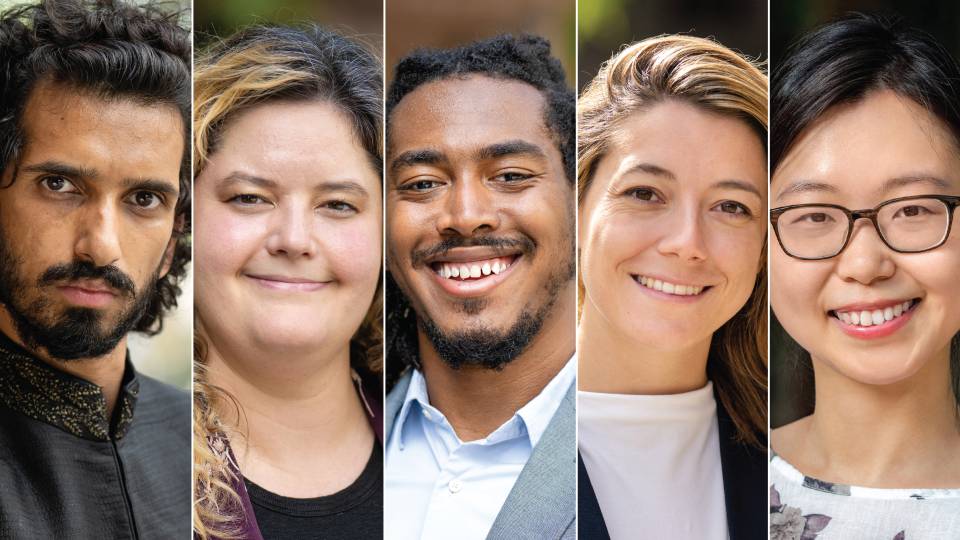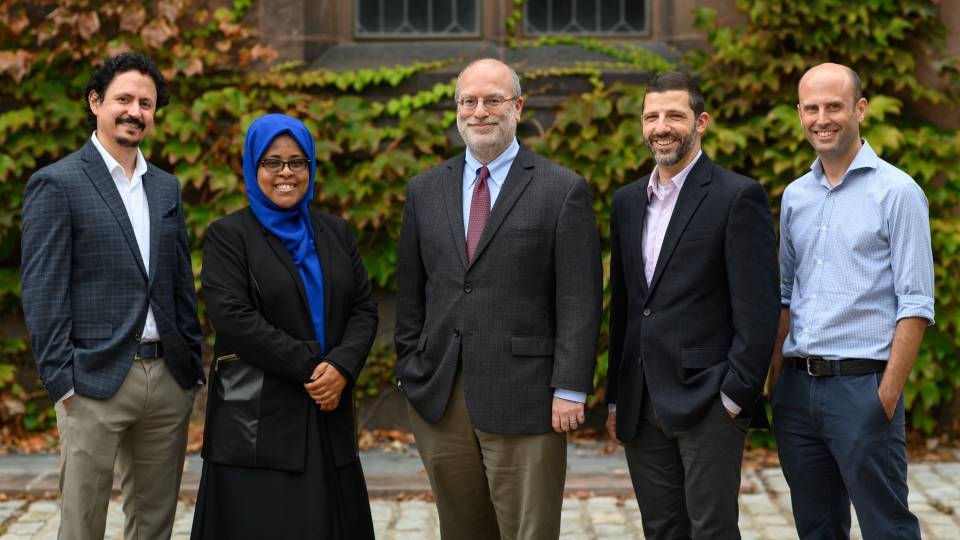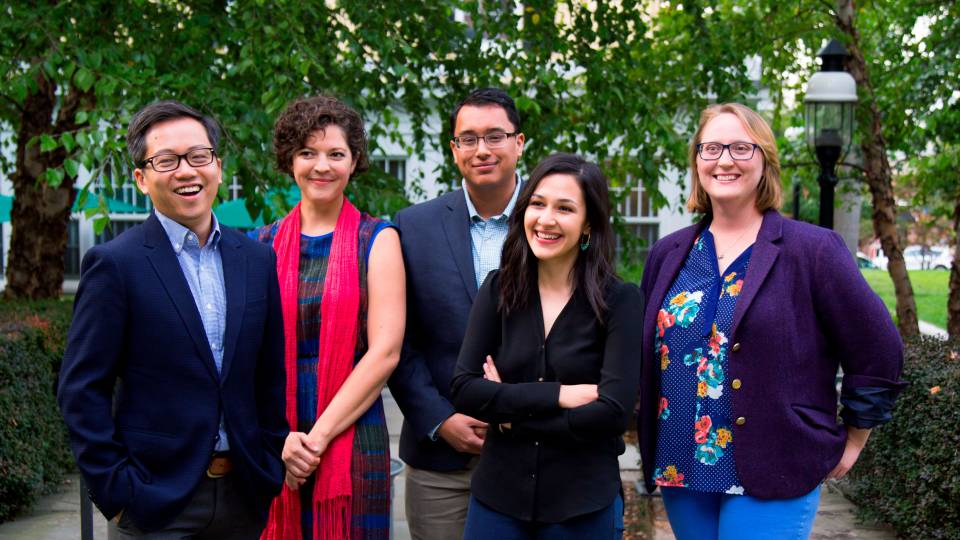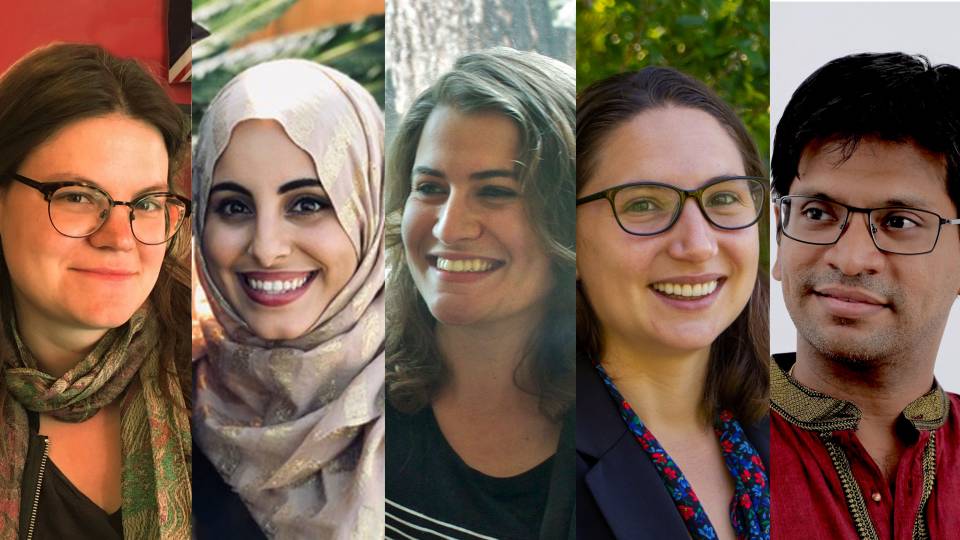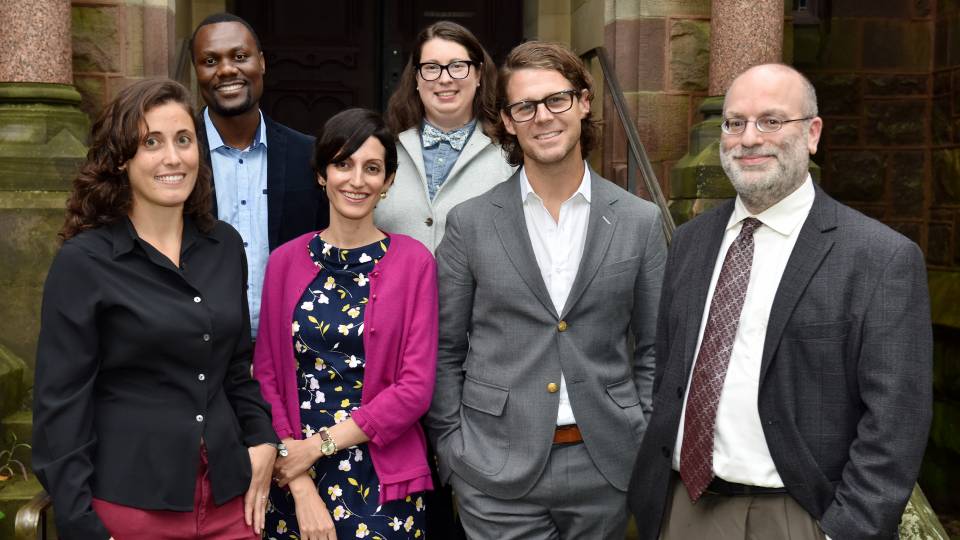Five new scholars have joined the Society of Fellows in the Liberal Arts this fall. The Society is an interdisciplinary community of postdoctoral fellows and Princeton faculty members that aims to bring innovative approaches to scholarship and teaching.
Established by a gift from charter trustee Lloyd Cotsen and the Humanities Council’s leadership in 1999, it offers outstanding scholars with a recent Ph.D. the opportunity to enhance their teaching and research over a period of three years.
“This promises to be an especially rich year,” said Michael Gordin, director of the Society and the Rosengarten Professor of Modern and Contemporary History. “We have a wonderful group of fellows joining the two returning cohorts of fellows, and they are already bristling with engagement inside and outside the classroom. I’m looking forward to our weekly seminars, which will range even more widely across the disciplines.”
From its beginnings, the Society has been committed to building a scholarly community with a great diversity of experiences and perspectives, and to creating a collaborative environment for inquiry, debate, and groundbreaking scholarship and teaching. Its array of open and targeted fellowships has included a fellowship in LGBT Studies since 2005, generously supported by the Fund for Reunion/Princeton BTGALA, and a fellowship in race and ethnicity studies since 2006, funded by Princeton's President and Dean of the Faculty.
For all fellowships, the Society welcomes a diverse and international pool of applicants. The Society has hosted well over 100 postdoctoral fellows at Princeton who have moved on to pursue careers at a wide range of institutions both in the U.S. and abroad.
The full cohort of 12 Cotsen postdoctoral fellows is drawn from a wide range of disciplines in the humanities and humanities-related social sciences — and includes one astrophysicist. Fellows hold appointments as lecturers in their academic host departments and in the Humanities Council, teaching half-time while conducting their own research over a period of three years.
Meeting regularly for formal and informal discussions, seminars, workshops and reading groups, the fellows pursue new knowledge and understanding within and across disciplines. During their time at Princeton, they engage with the campus community in many ways: advising and mentoring undergraduate students, participating in academic programs and panels, presenting their research, developing new courses and co-teaching with faculty members.
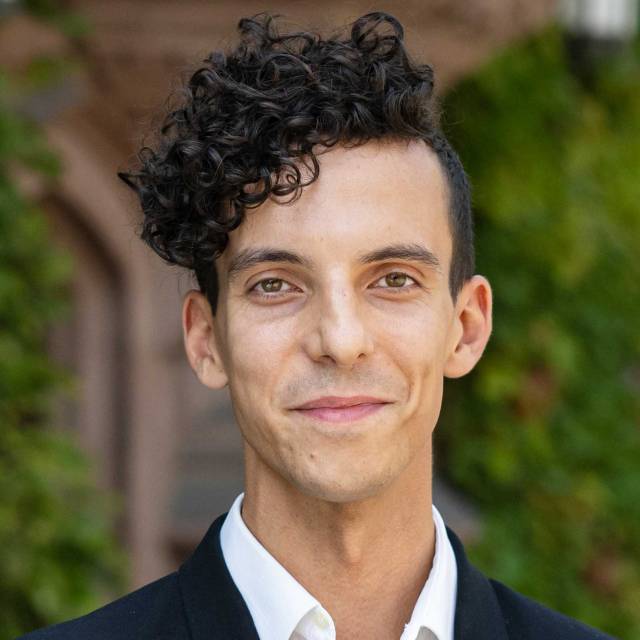
Andrea Capra
The new Cotsen fellows of the 2022-25 cohort are:
Andrea Capra, lecturer in the Department of French and Italian and the Humanities Council. A literary scholar, Capra focuses on the 19th through the 21st centuries, drawing on comparative literature, philosophy and intellectual history. His current book project, “Deforming Modernity: The Experience of Horror in Italian Literature,” analyzes the aesthetics of horror beyond the horror genre and develops a phenomenology of this experience that centers on mundane circumstances such as illness, poverty or warfare. In dialogue with works from statistics, history, philosophy and sociology that study modernity’s promise to minimize risk and maximize safety and individual agency, his project frames horror as the collapse of this promise into a life. Capra holds a Ph.D. in Italian from Stanford University. This fall, he is teaching “What Is Horror?”, a Freshman Seminar aimed at exploring today’s cultural, artistic and existential relevance of horror.
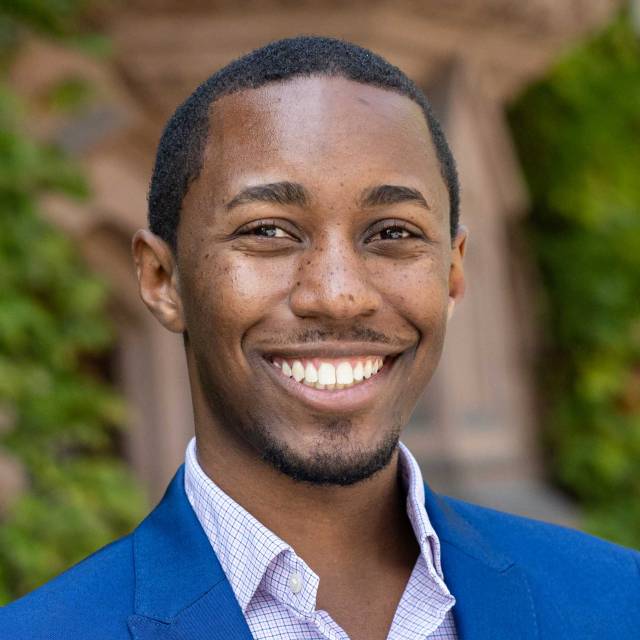
Jahmour Givans
Jahmour Givans, appointed as a Presidential Postdoctoral Research Fellow in the Department of Astrophysical Sciences. He is interested in understanding how the contents and structure of the universe, at the largest physical scales we can explore, have evolved over time. To do this, he uses a combination of theoretical modeling, simulations, computations and data analysis to describe astronomical systems. He is combining data from large-scale structure experiments and cosmic microwave background experiments to constrain cosmological parameters and models. He holds a Ph.D. in physics from The Ohio State University.
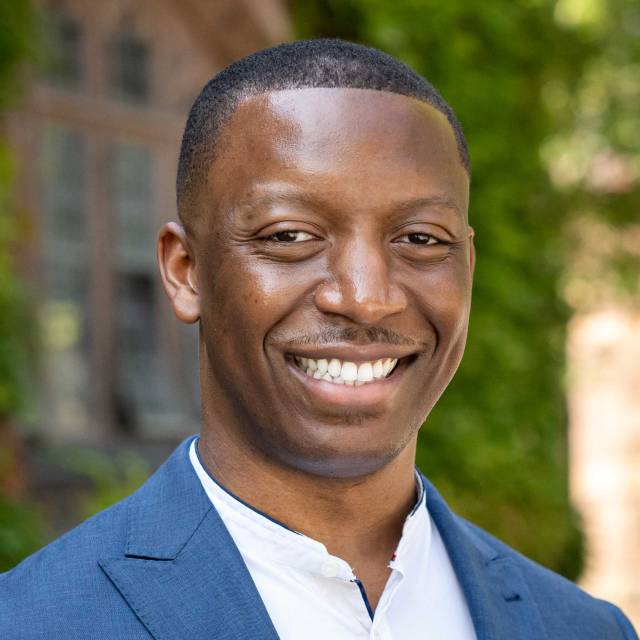
Marcus Lee
Marcus Lee, appointed as lecturer in the Department of African American Studies and the Humanities Council. A social scientist and writer, with expertise in Black studies, Lee is pursuing a book project that examines the material and discursive conditions under which Black gay/lesbian groups attained political “visibility” in the post-Civil Rights era.” With particular attention to the early development of HIV/AIDS statistics, the advent of hand-held audiovisual technologies, and the institutionalization of civil rights history, the project details the political effects and historical significance of late 20th-century efforts to specify and articulate Black sexual difference. He received his Ph.D. in political science, with a certificate in gender and sexuality studies, at the University of Chicago. This fall, Lee is teaching a course on Black political history titled “The Black Radical Tradition.”
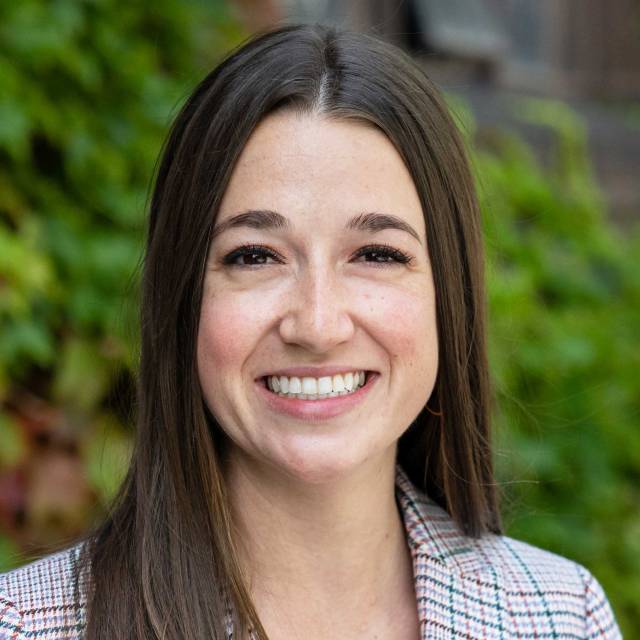
Bailey Sincox
Bailey Sincox, appointed as lecturer in the Department of English, humanistic studies and the Humanities Council. She is a scholar of early modern English drama and performance. Her work spans the theater of Shakespeare and his contemporaries, gender studies, reception and adaptation studies (including contemporary theater, film and the novel), and history of the book. She is currently at work on her first book project, “Female Revenge on the Early Modern Stage.” The book takes cues from contemporary film to chart how 16th- and 17th-century dramas of justice-seeking co-construct gender and genre. Sincox received her Ph.D. from Harvard University. This fall, Sincox is teaching an English department “Forms of Literature” course titled “Allegory: From Chaucer to Colson Whitehead.”
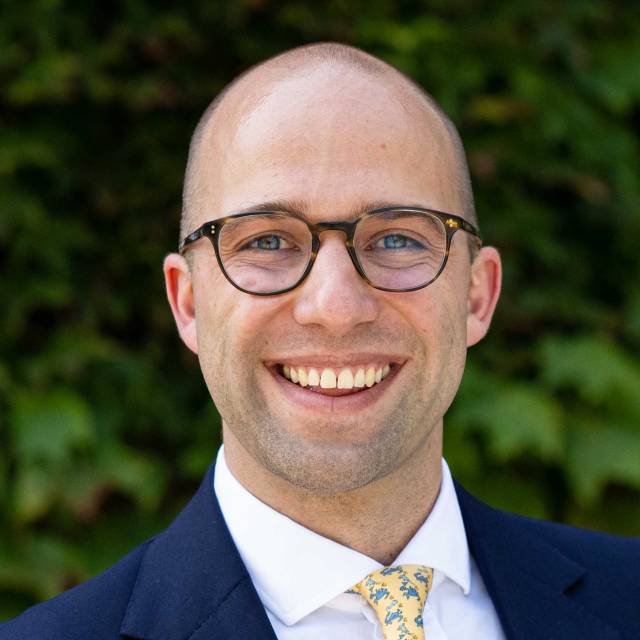
Guy St. Amant
Guy St. Amant, appointed as lecturer in the Department of Religion and the Humanities Council. He studies the religion and intellectual history of premodern South Asia. His current book project, tentatively titled “Age of Scripture,” examines the proliferation of new scriptural texts among both Hindus and Buddhists during the first millennium C.E. and analyzes philosophical responses to the theoretical problem of scriptural authority during the same period. While at Princeton, St. Amant plans to pursue several other projects involving issues that bridge the topics of scripture and language. He earned his Ph.D. from Columbia University. This fall, he is teaching a course on premodern South Asian religion called “The Making of Hinduism.”
